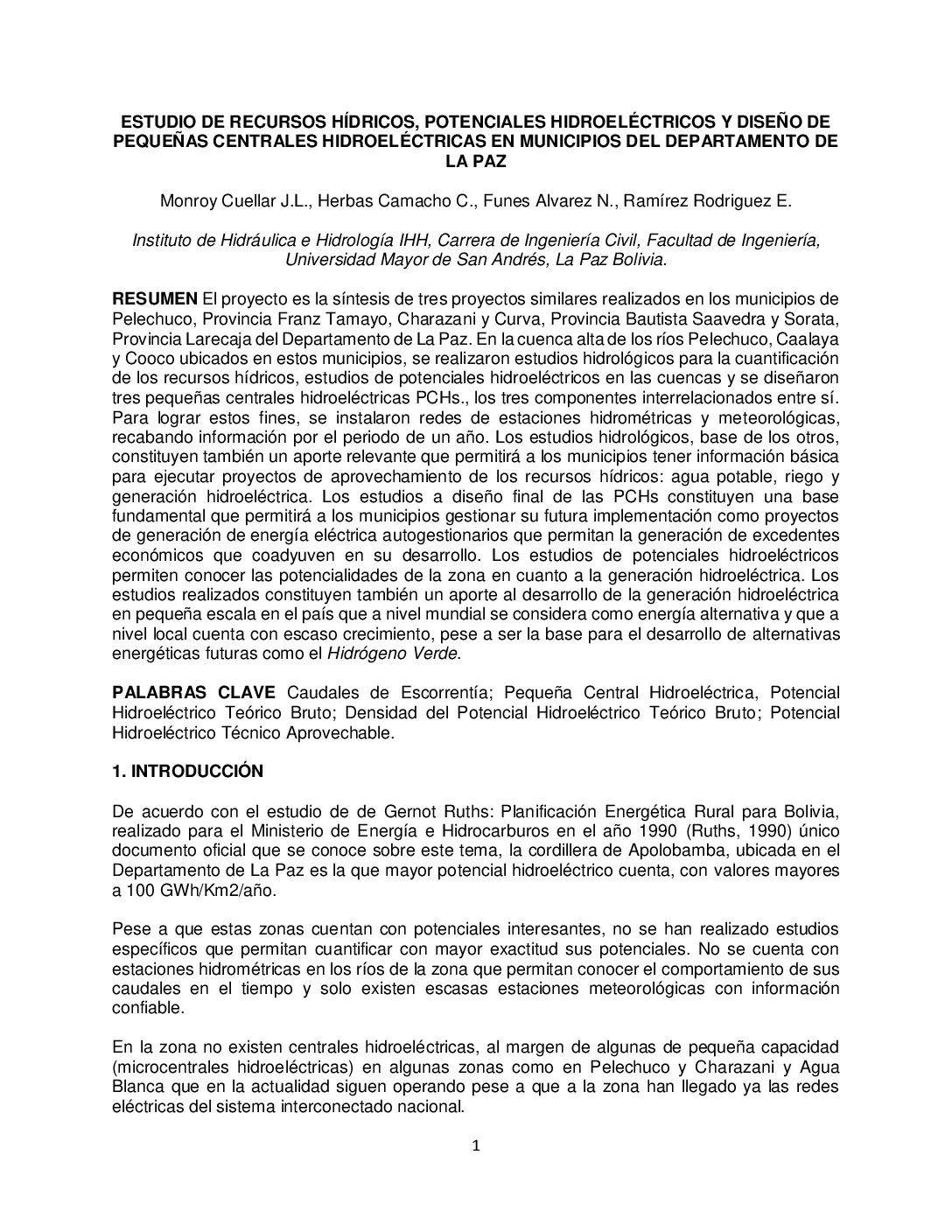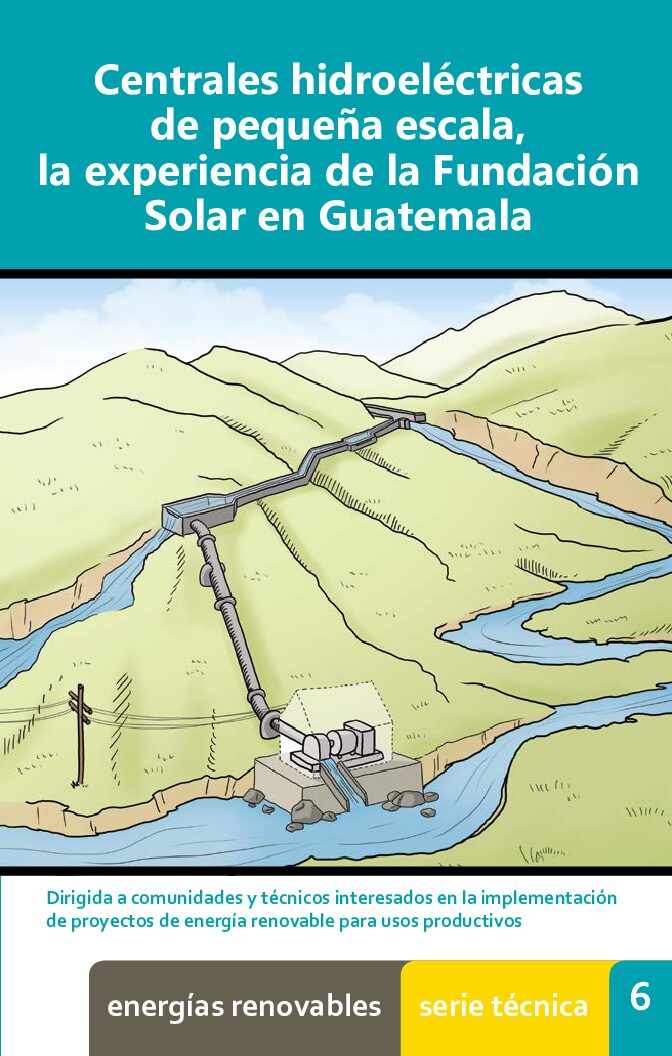This journal article describes risks and mitigation strategies in renewable energy investment.
Derisking Renewable Energy Investment (DREI) introduces an innovative, quantitative framework to assist policymakers in developing countries to cost-effectively promote and scale-up private sector investment in renewable energy.
This report highlights the economic, social and environmental benefits that energy and transport sector-coupling and a transition towards EV- and RE-based, efficient systems can create in small island settings, and provides tools for the planning of such a transition.
This report discusses potential social and environmental risks associated with the roll-out of the GETFiT renewable energy investment programme in Zambia, as well as mitigation measures.
This paper provides general guidelines for conducting Environmental Impact Assessments for waste-to-energy projects.
This feasibility study describes the institutional framework for waste management in Côte d’Ivoire, presents a baseline on compost and biogas value chains, and provides a feasibility assessment based on economic models.
This study quantifies the potential of producing biogas based on organic waste in two municipalities in Bolivia.
This article presents the results of a hydrological study to inform the design of small hydropower plants in three municipalities in the La Paz department.
This report presents the lessons learned from a series of small hydropower projects in Guatemala, implemented by the Fundación Solar.
This article describes the origins and provides examples of community-owned small hydropower projects in Guatemala.





